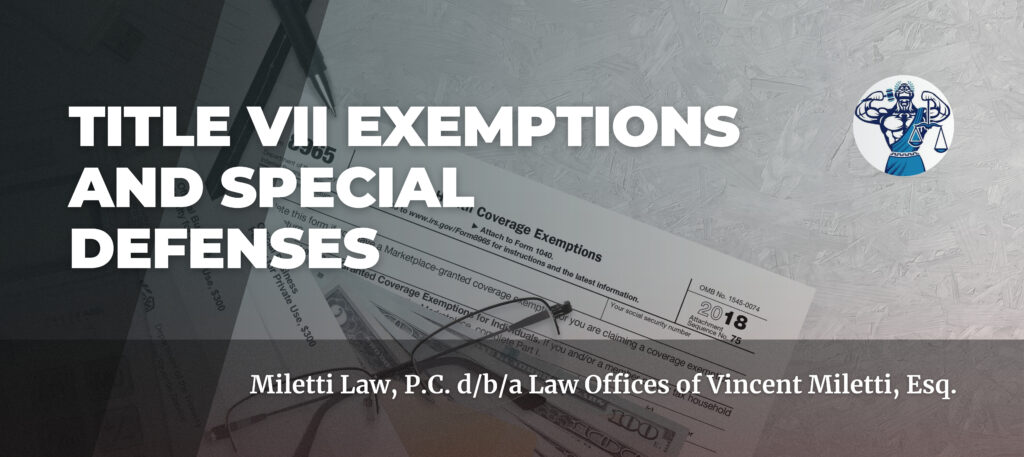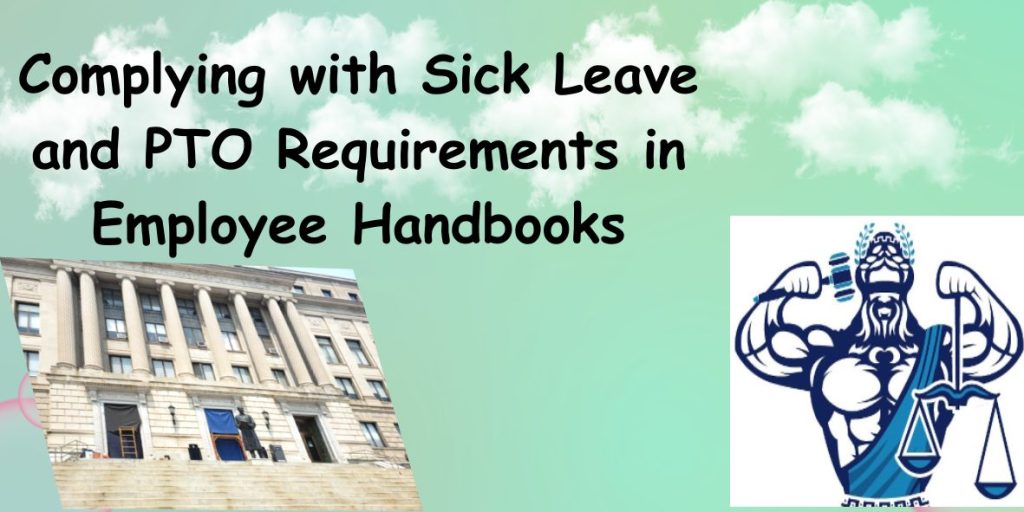What is Considered Wrongful Termination in New York?
New York is considered an “at-will” state, meaning that nearly every employee can be fired at any time for a reasonable explanation. Similarly, an employee can leave freely without reason.
However, in some cases, it may seem as if the termination was unfair or unlawful. If this is the case, you should contact an employment law attorney immediately. Wrongful termination can be as a result of discrimination based on many protected characteristics/classes including, but not limited to race, sex, sexual orientation, pregnancy, and more.
For example, suppose you have been working for a company for a few years, become pregnant, and choose not to alert your boss immediately. If they find out themselves, or even if you do decide to tell them at some point and you are abruptly fired following the conversation, this may be an example of wrongful termination. You may be eligible to pursue damages.
Whistleblowing Protection
One of the many reasons why people experience wrongful terminations is because they have chosen to speak out against unlawful or immoral practices within their company and were terminated because of it.
Whistleblowers have rights, and one of them is being protected from discrimination, retaliation, or termination, either of which may result from speaking up against unlawful conduct or even telling on their employer’s discriminatory practices.
Other Examples of Wrongful Termination
Anything that is considered wrongful termination is because state or federal laws protect it. New York State Laws include taking leave for family reasons (FMLA), exercising your rights by using an employee benefit plan, joining or forming a union, and more. If you were fired as a direct result of any of these examples, seek legal guidance. According to the New York State Attorney General, “while an employer can fire someone for no reason, it is not allowed to do so for a prohibited reason.”

If you suspect that you were asked to do something illegal within the company and refused and were later fired, you may have a reasonable wrongful termination case.
Federal Protection From Wrongful Termination
The Civil Rights Act of 1964 makes it illegal for an employer to fire someone based on the following: race, gender identity, pregnancy, sexual orientation, national origin, age, religion, or disability.
This law means that if you suspect you were fired based on one of these factors, you may have due reason to pursue compensation.
Furthermore, the Americans with Disabilities Act (ADA) requires employers to assist employees in finding reasonable working conditions to accommodate their disabilities.
The Age Discrimination Act provides protection from discrimination based on age in the workplace. The Family and Medical Leave Act (FMLA) offers new mothers 12 weeks of unpaid pregnancy or maternity leave.
If any of these factors were present surrounding your termination, you likely deserve to be compensated for wrongful termination.
What Damages Can I Seek in a Wrongful Termination Case?
Lost wages are one of the main components of the damages sought out in wrongful termination cases. If you were found to have been wrongfully terminated, you may expect to recover all of the lost wages as a result. Additionally, if you were receiving benefits, the employer may be required to compensate you for your portion of the benefits you were denied as well.

Emotional distress is another factor that you can consider with wrongful termination. While more challenging to prove as it’s not tangible, it is common in wrongful termination cases. You may choose to pursue the cost of therapy, necessary medicine, or even punitive damages.
Protect Yourself
If you suspect wrongful termination, it’s still essential to seek new employment and to document your process in doing so. The reason for this is that should you pursue damages, the courts will want to know that you have been seeking new employment since the termination. Additionally, if you obtain new employment but the salary is less than what you were making, you may be able to pursue compensation to cover the difference.
Documentation is always beneficial to have. If you are experiencing what you feel is discrimination, having this documented is something that can be imperative to your case in the future—document conversations with managers, peers, or employers. Keep in contact with those who may have witnessed issues that you were having or the sudden change in how you were treated once you announced a pregnancy, your sexual orientation, utilized benefits such as FMLA, or reported illegal activity within the company.
Suppose there is an abrupt change in how you are treated, followed by termination. In that case, you may have a valid reason to pursue compensation, and having documentation and witness information can be invaluable to you in your pursuit.
Your Tireless Ally’s When You Need Them the Most
Getting fired or terminated is never easy, especially when you feel you were wronged. You have a right to defend yourself and ensure your financial future isn’t in jeopardy. We take these matters very seriously and are well-equipped through years of experience to protect our clients and pursue the damages that you rightfully deserve.

Not all situations will lead to a wrongful termination case, but if you feel that you or a loved one was involved in wrongful termination and would like to pursue your legal options, contact our office today at (314) 648-2586 to speak with one of our team members. We will work with you to form a winning strategy to fight for what you deserve and help you put this time in your life behind you. We are aggressive when necessary and compassionate at all times. You don’t need to navigate this alone. Call us today.
We look forward to serving you.
 Professional Legal & Business Services And Representation - English & Espanol!
Professional Legal & Business Services And Representation - English & Espanol!

 314-648-2586
314-648-2586 CALL US NOW
CALL US NOW








